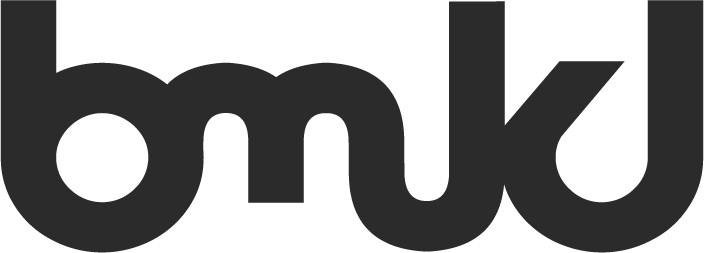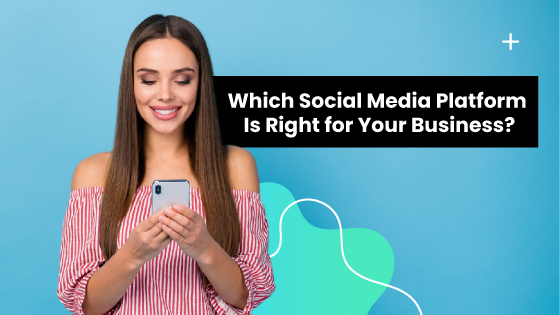Which social media platform is right for your business?
Today, social media is one of the most effective marketing tools for any business. So if your business isn’t currently on social media, you’re missing out on a huge opportunity to grow your client base. But it’s important to note that social media platforms have a unique purpose, and their appeal to various demographics can be stark. Understanding social media’s various platforms and their uses will allow you to focus your efforts, get the best return on your investment, and yield the highest engagement.
To decide which platform is right for your business, start with the following questions:
What is my brand’s personality?
Is your brand earthy and simple, or is it fun and flashy? Every brand has a personality and tone. This is important to consider since some platforms are more appropriate for certain personalities and tones. For example, a brand that is playful or vulgar might not resonate with a LinkedIn audience but would likely appeal to Instagram users. Choose the platform that coincides with your brand’s personality.
What do I hope to gain from my social media presence?
Identifying your main goal is key to the success of any project. Social media is no exception. Do you want to drive traffic to your website? Engage with your customers? Increase brand recognition? Consider which platform will yield the results you are looking for. Keep your goals in mind not only when you choose a platform but also when you create posts or campaigns.
What is the primary use of the top platforms?
Facebook: As the most widely used social media platform in the world, it’s no wonder that most businesses think Facebook is the obvious choice for a social media presence. In fact, it’s a great option for building relationships and keeping in touch with your existing customer base. However, because Facebook’s user base is vast, it can be difficult to reach a new audience—that is, without “paying to play.” Facebook has effective and precise targeted marketing tools, but you’ll have to put a budget behind your posts in order to take advantage of them.
LinkedIn: This is the go-to social platform for professionals. It’s great for general networking, B2B lead generation, and recruitment. LinkedIn also offers paid advertising options that allow you to target your audience by education, job title, and professional experience.
Instagram: As an illustrative platform, Instagram is home to conversations driven by photos and videos. It is the ideal platform for visually based brands or industries, such as retail or beauty, to tell their stories. Instagram is popular with a younger demographic, so creativity paired with authenticity goes a long way.
Twitter: The go-to platform for conversation, news, and real-time updates. The 280-character limit per post lends a similarity to text messaging. Monitoring trending topics is an easy way to become part of hot topic conversations and engage with your audience.
Pinterest: This is another visually based platform that uses images to lure its audience, so you’ll need eye-catching graphics with strong stopping power. One factor worth noting is that “pins” have the longest lifespan of any social media platform post, because saving the posts for future reference is the primary purpose and action taken by users. Value-added content will get you far on this platform.
If you’re just getting started on social media, use these questions and descriptions as a starting point to your social media debut. Conversely, if your business is already on social media, take a step back and assess your performance against your time and financial investment. If you aren’t experiencing significant returns on a given platform, it’s time to switch gears and focus your energy on a different platform that might be better suited for your business.

